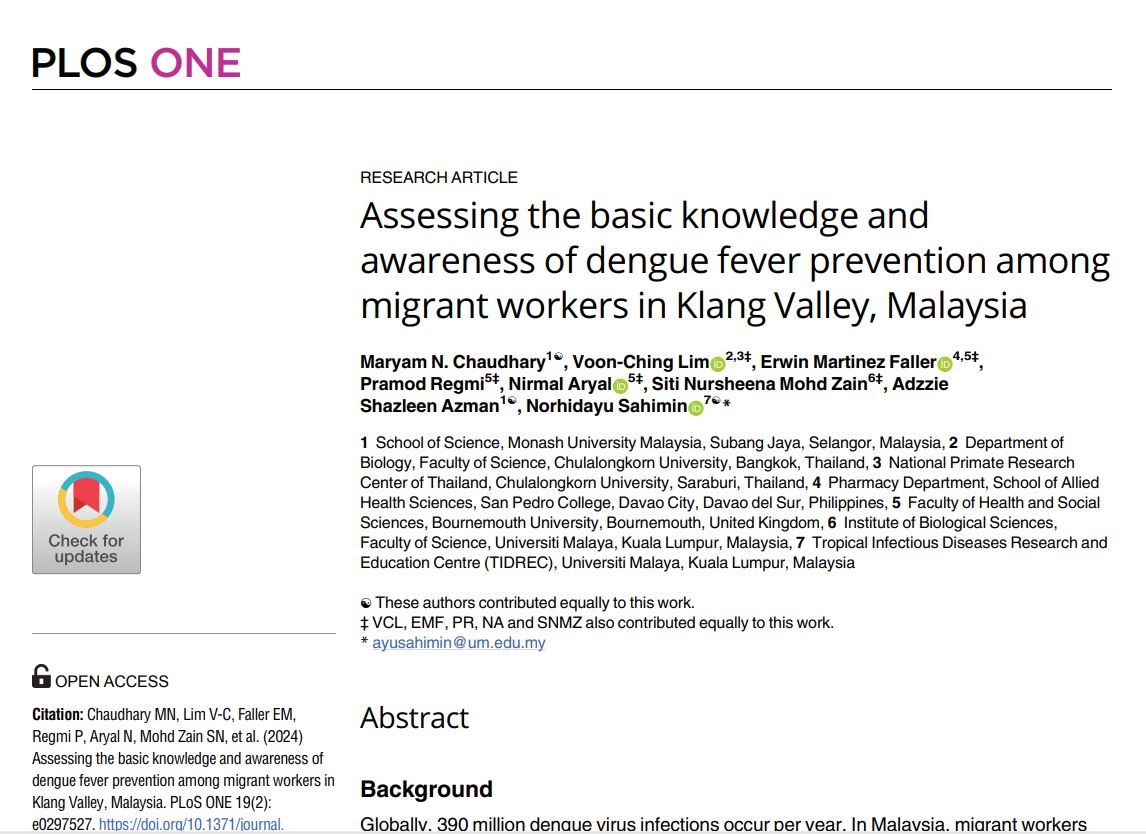 Drs. Pramod Regmi and Nirmal Aryal in the Department of Nursing Sciences published a new paper with colleagues from Malaysia, Thailand, and the Philippines in PLoS ONE under the title ‘Assessing the basic knowledge and awareness of dengue fever prevention among migrant workers in Klang Valley, Malaysia’. [1] Globally, 390 million dengue virus infections occur per year. In Malaysia, migrant workers are particularly vulnerable to Dengue Fever (DF) due to mosquito breeding sites exposure and poor health literacy. This study reports on assessing the current Dengue Fever knowledge, attitudes and practices (KAP). The paper identifies strategies to promote awareness around Dengue Fever among migrant workers in Malaysia. Most respondents were male, working in the services industry, had completed high school, aged between 30–39 years and with less than ten years work experience in Malaysia. Overall, respondents’ knowledge was positively correlated with attitude but negatively with practices. Older respondents, who had completed higher education, obtained higher knowledge scores. Similarly, those with working experience of >20 years in Malaysia obtained higher attitude scores. Respondents with a previous history of Dengue Fever strongly considered the removal of mosquito breeding sites as their own responsibility, hence tended to frequently apply preventive measures. Respondents’ knowledge was also positively correlated to their understanding of Dengue Fever information sourced from social media platforms.
Drs. Pramod Regmi and Nirmal Aryal in the Department of Nursing Sciences published a new paper with colleagues from Malaysia, Thailand, and the Philippines in PLoS ONE under the title ‘Assessing the basic knowledge and awareness of dengue fever prevention among migrant workers in Klang Valley, Malaysia’. [1] Globally, 390 million dengue virus infections occur per year. In Malaysia, migrant workers are particularly vulnerable to Dengue Fever (DF) due to mosquito breeding sites exposure and poor health literacy. This study reports on assessing the current Dengue Fever knowledge, attitudes and practices (KAP). The paper identifies strategies to promote awareness around Dengue Fever among migrant workers in Malaysia. Most respondents were male, working in the services industry, had completed high school, aged between 30–39 years and with less than ten years work experience in Malaysia. Overall, respondents’ knowledge was positively correlated with attitude but negatively with practices. Older respondents, who had completed higher education, obtained higher knowledge scores. Similarly, those with working experience of >20 years in Malaysia obtained higher attitude scores. Respondents with a previous history of Dengue Fever strongly considered the removal of mosquito breeding sites as their own responsibility, hence tended to frequently apply preventive measures. Respondents’ knowledge was also positively correlated to their understanding of Dengue Fever information sourced from social media platforms.
Congratulations!
Prof. Edwin van Teijlingen
Reference:
- Chaudhary MN, Lim V-C, Faller EM, Regmi P, Aryal N, Mohd Zain SN, Azman AS, Sahimin B. (2024) Assessing the basic knowledge and awareness of dengue fever prevention among migrant workers in Klang Valley, Malaysia. PLoS ONE 19(2): e0297527. https://doi.org/10.1371/journal.pone.0297527
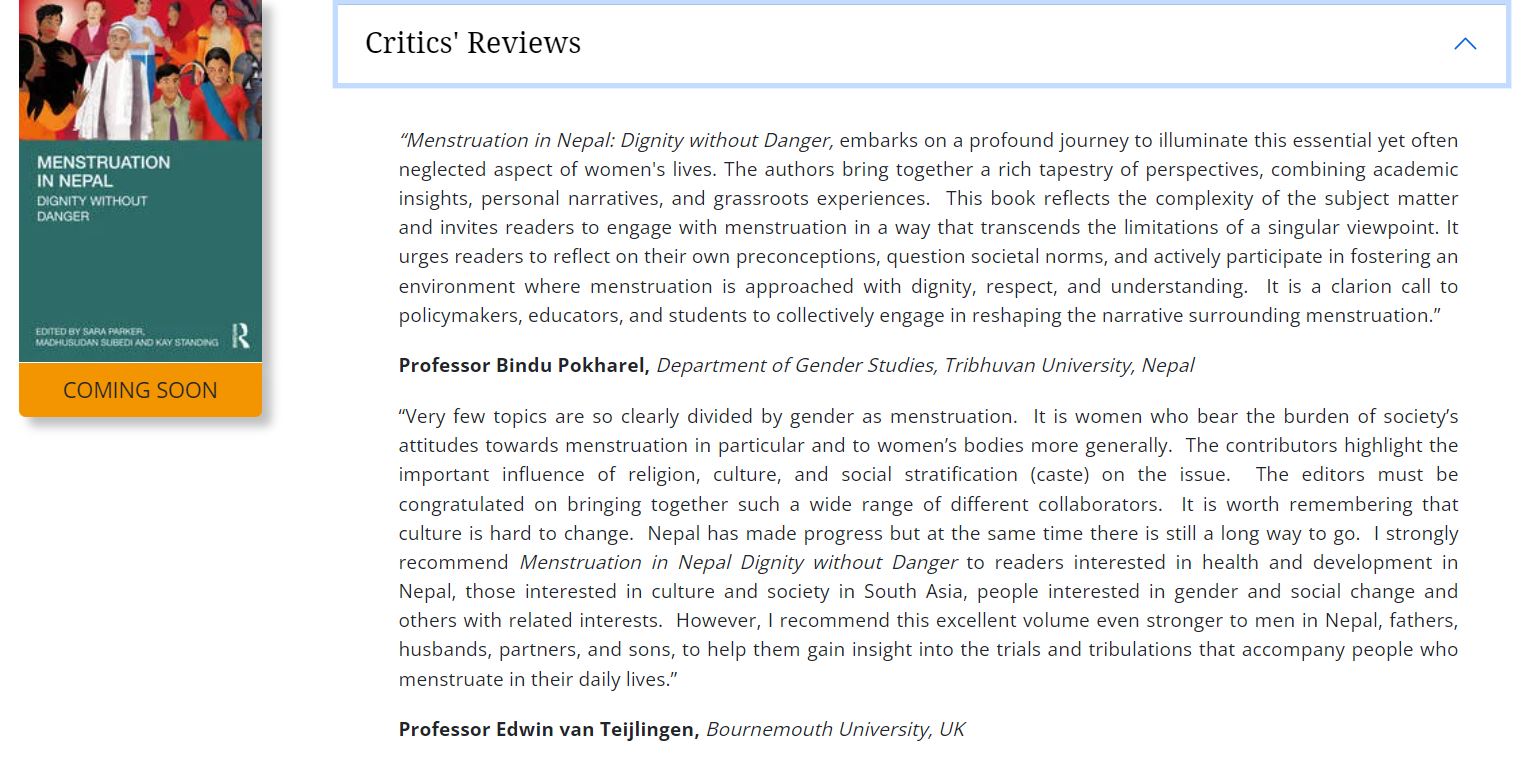
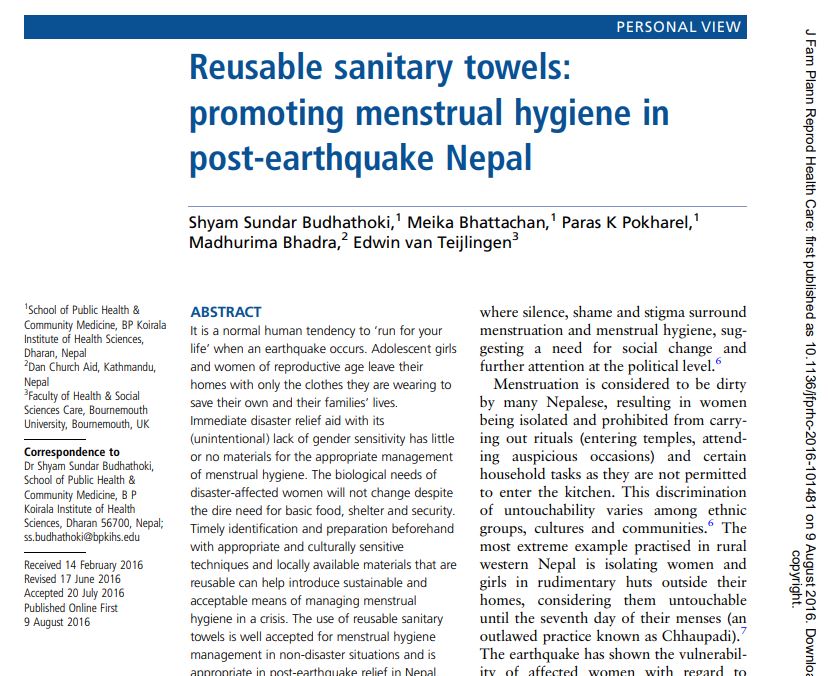


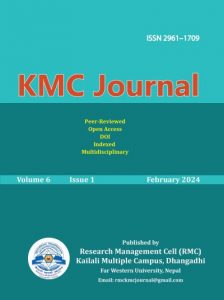


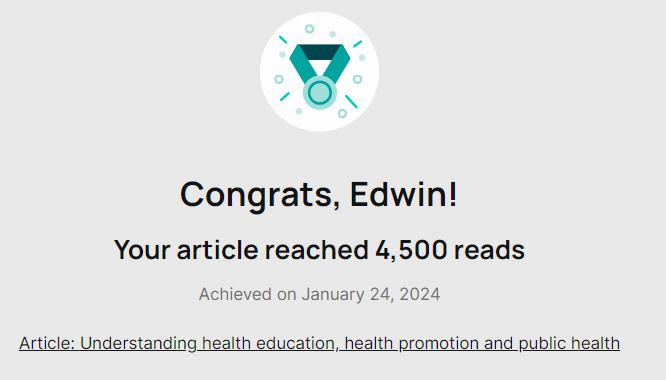
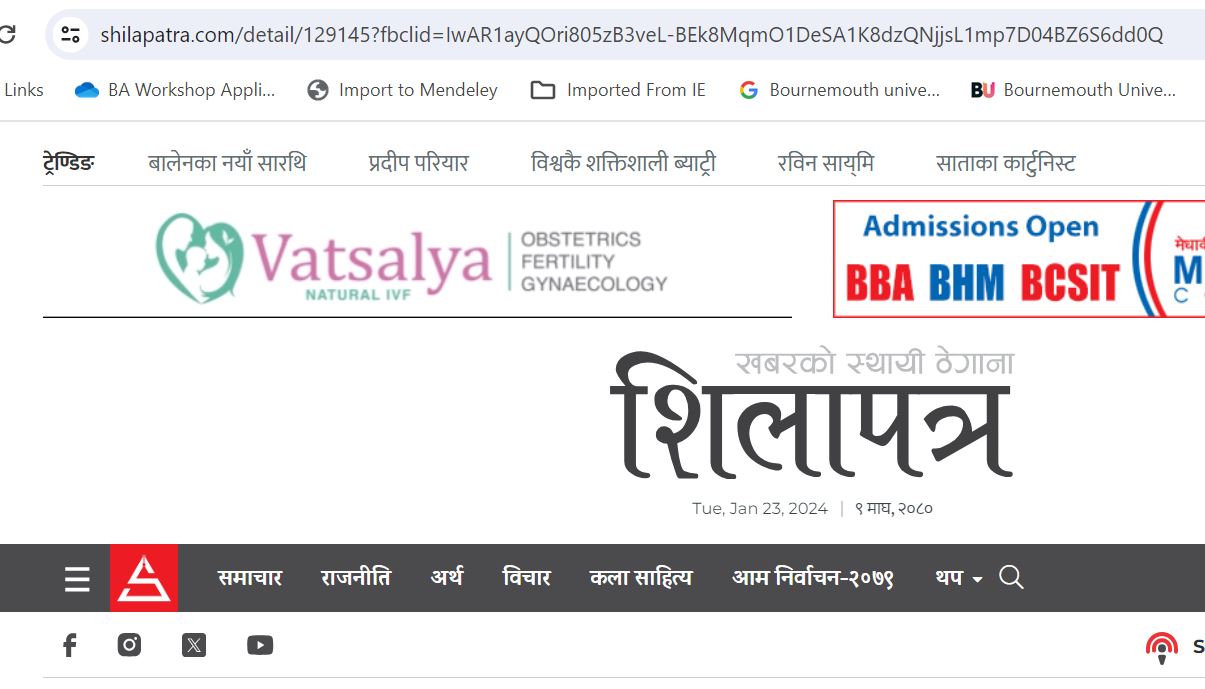
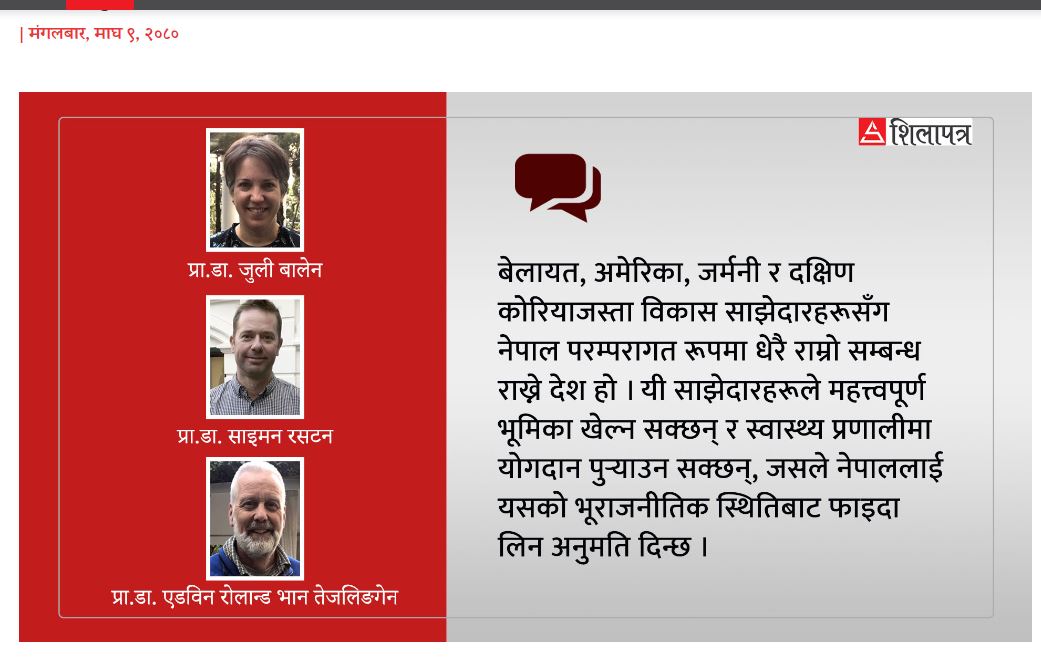
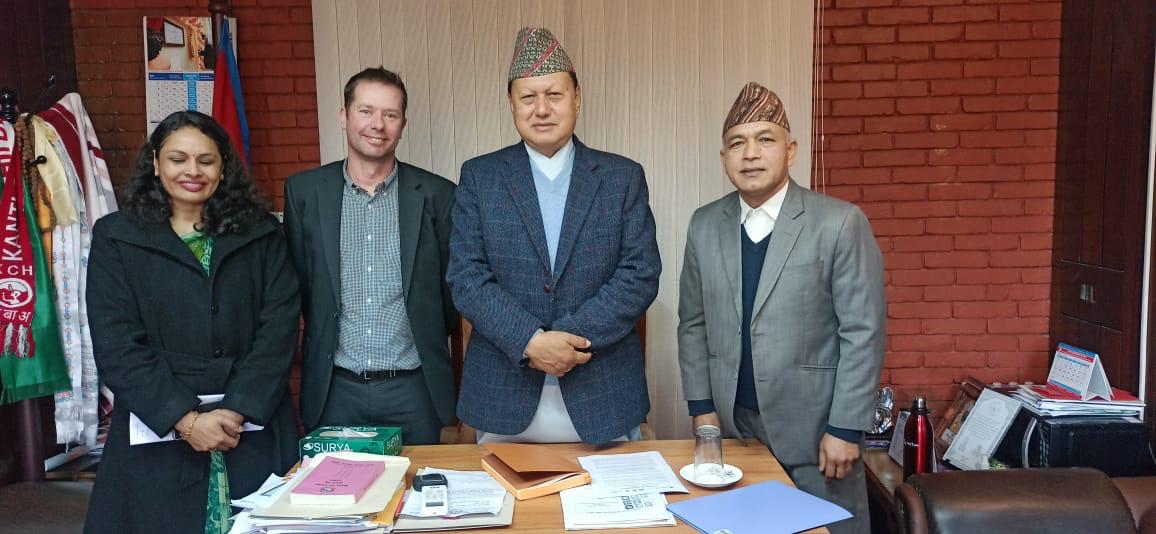
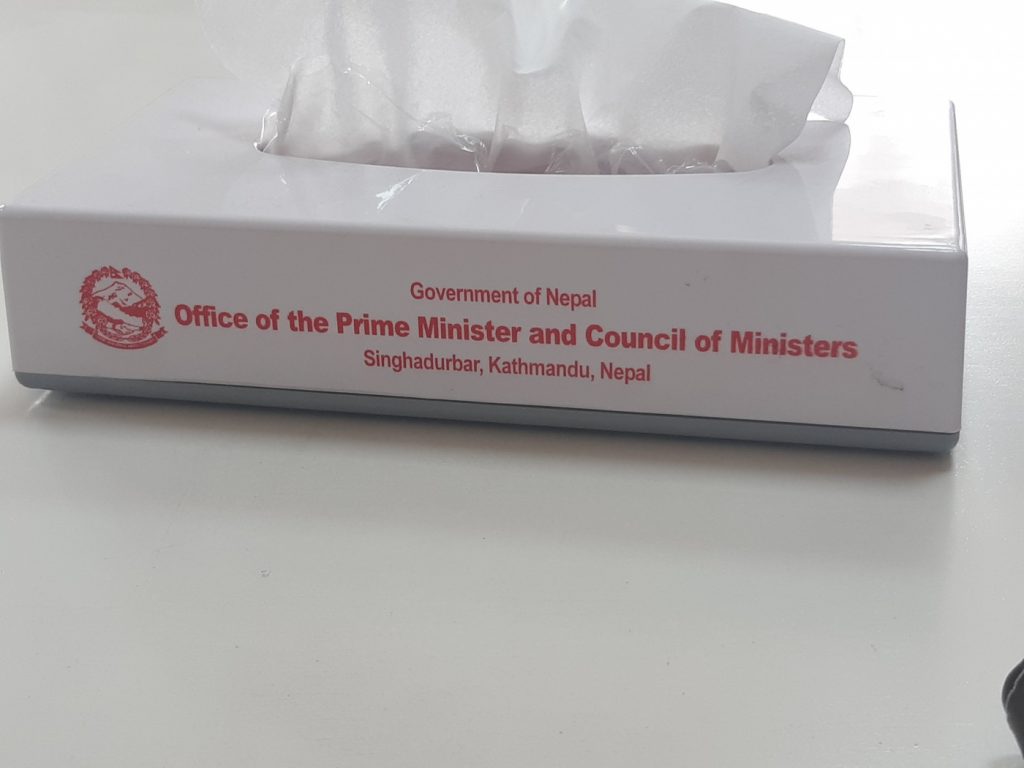
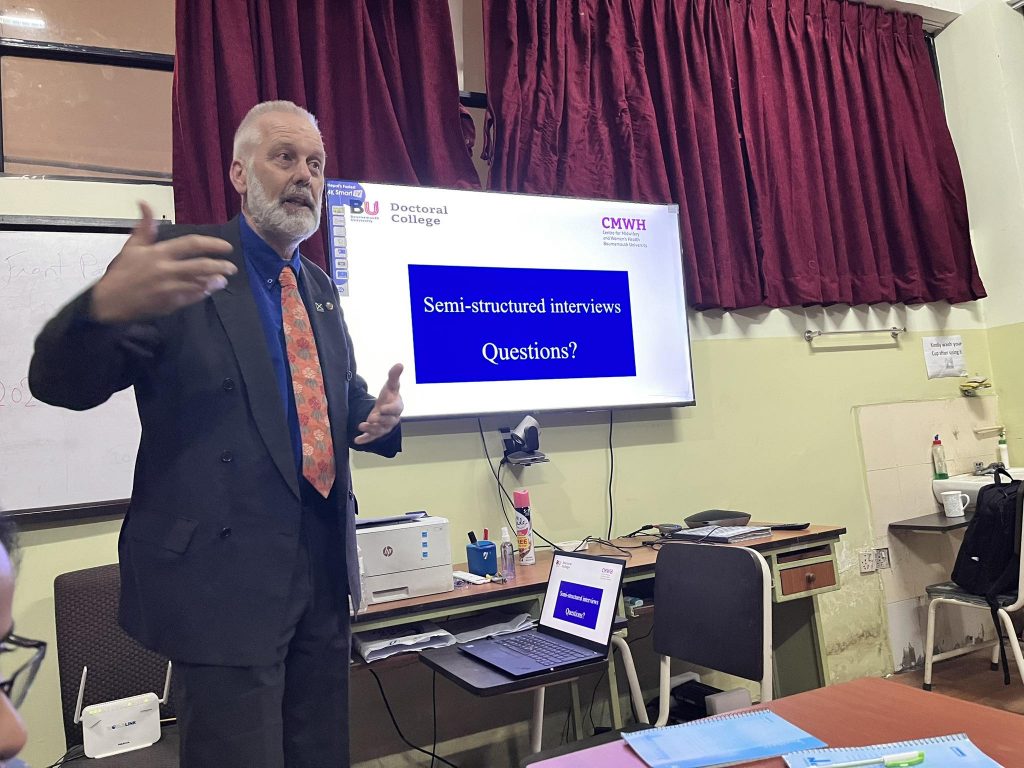
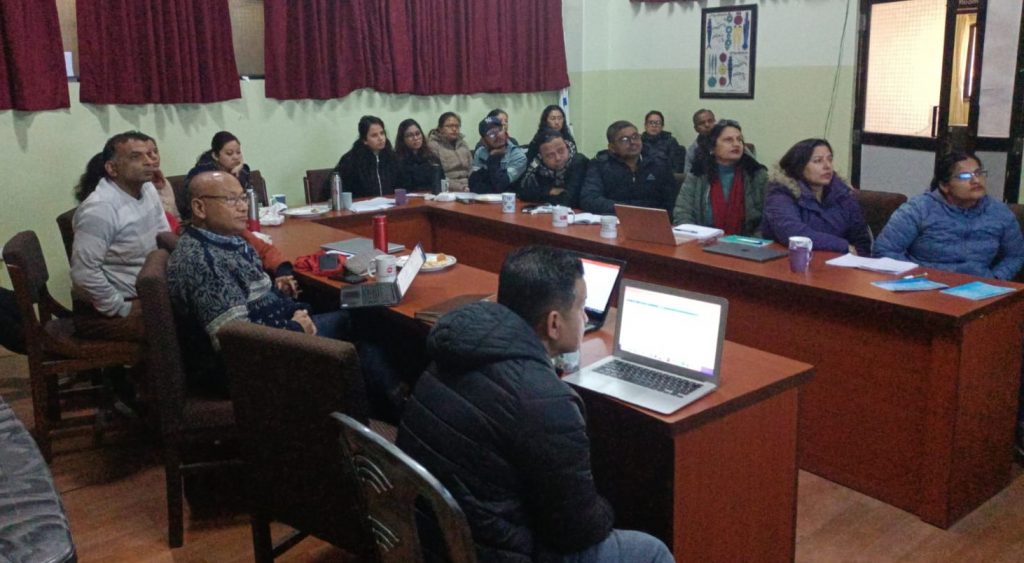


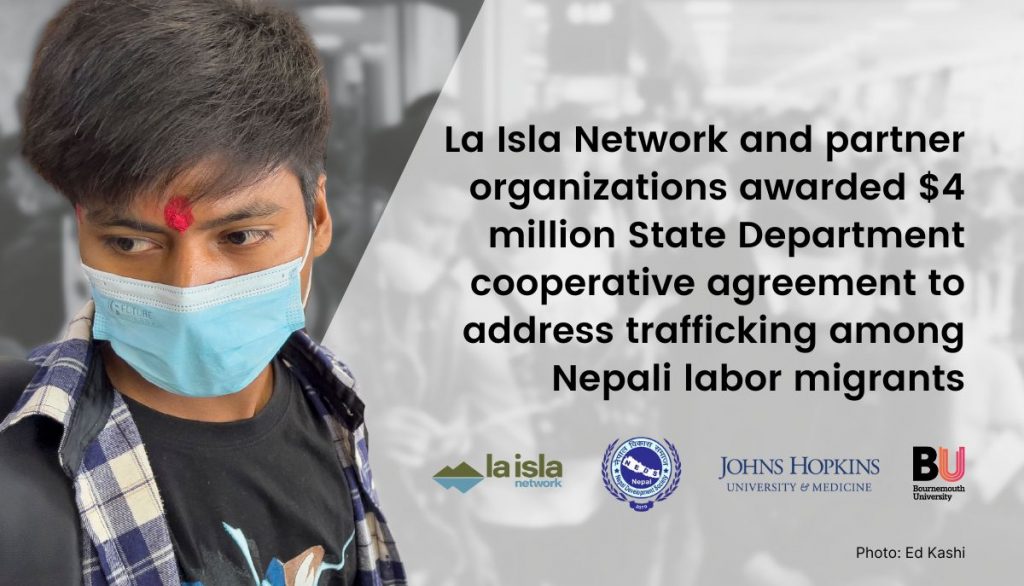
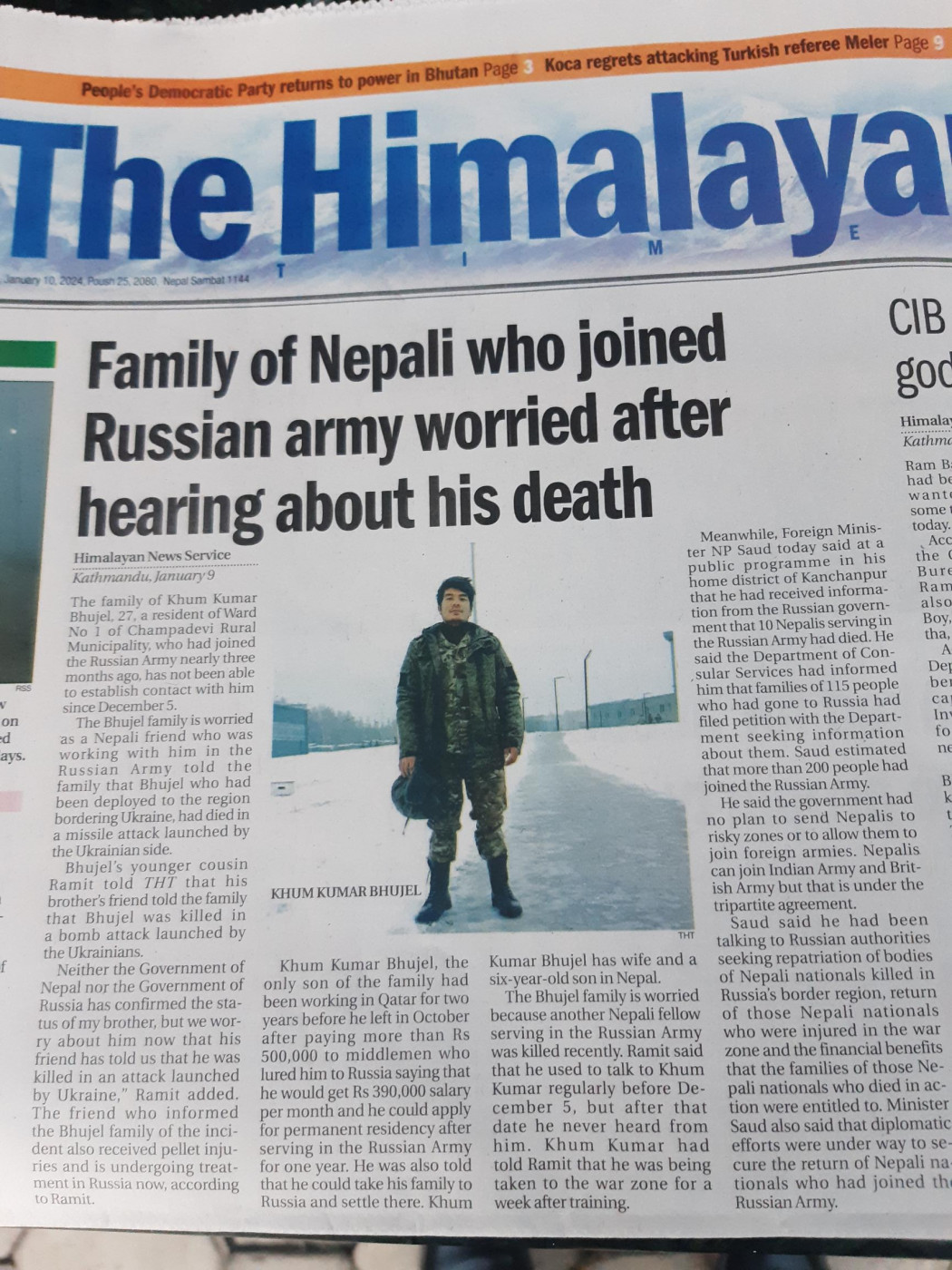
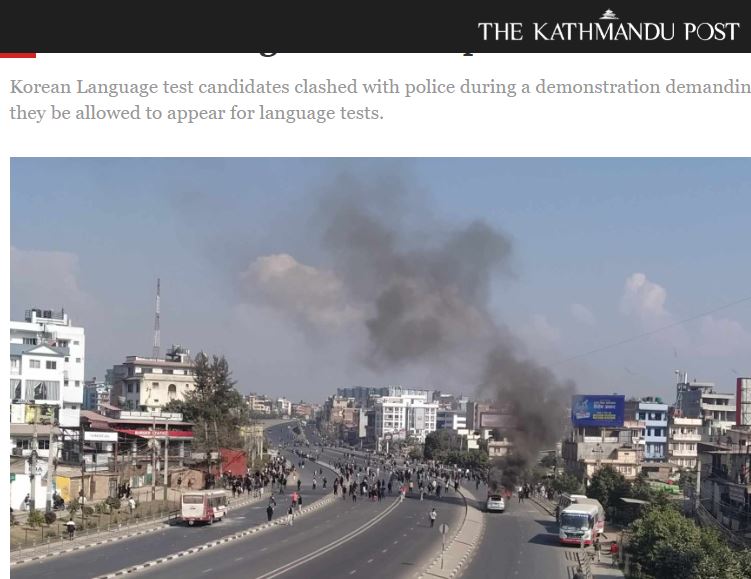
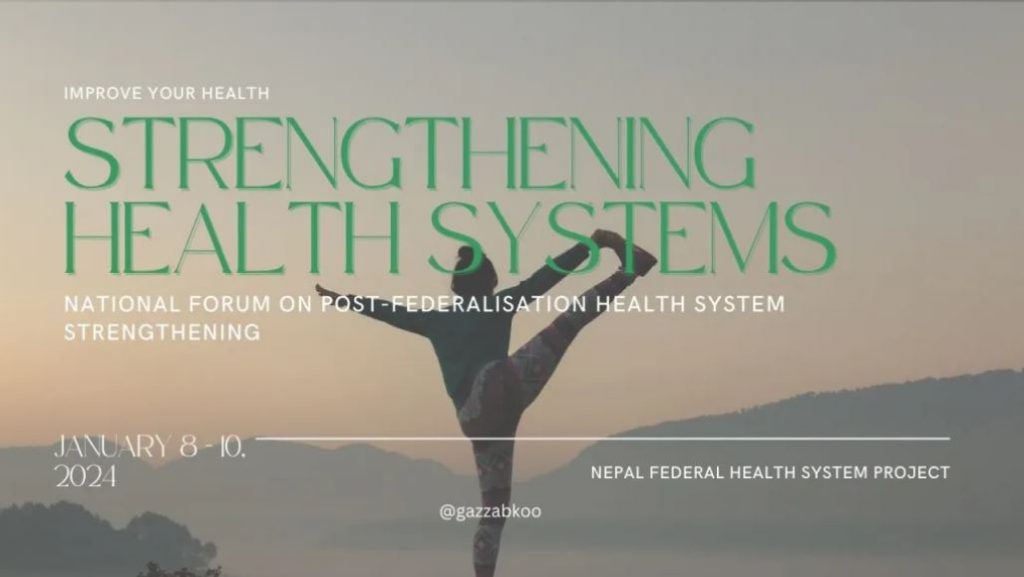

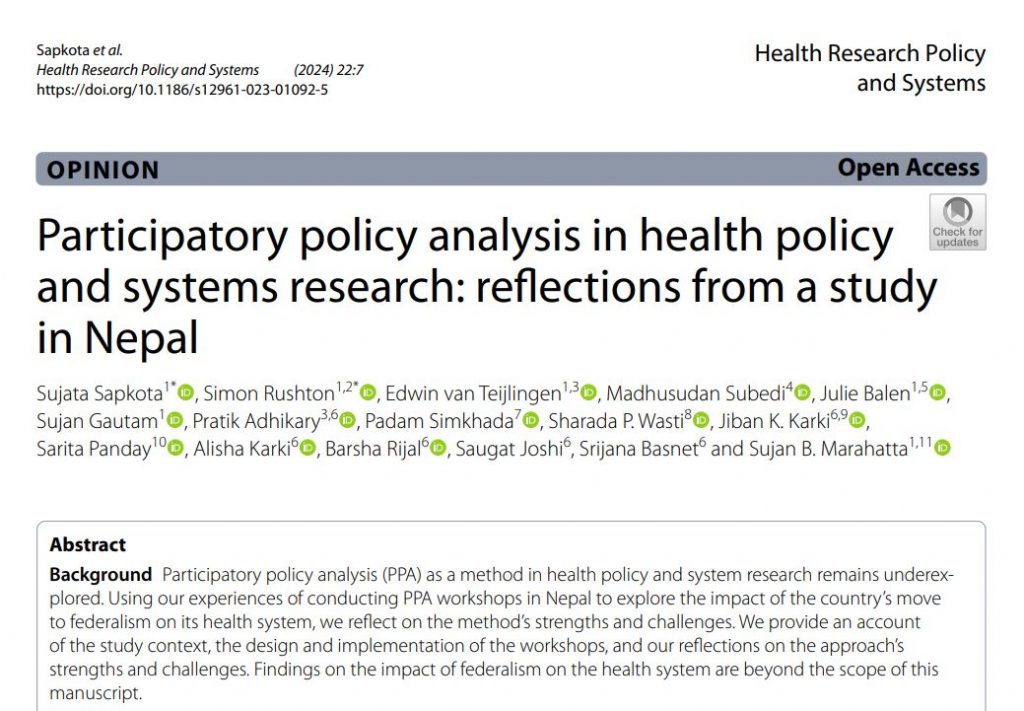
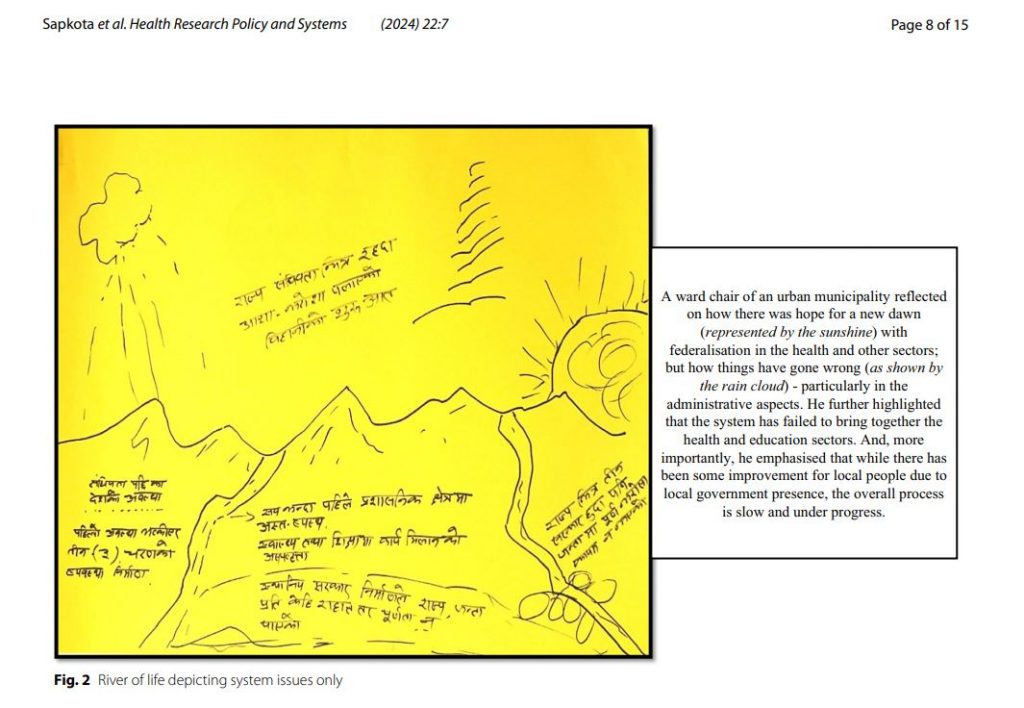
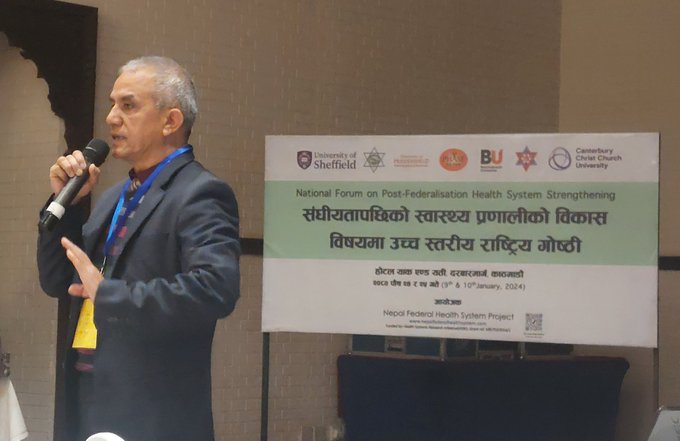
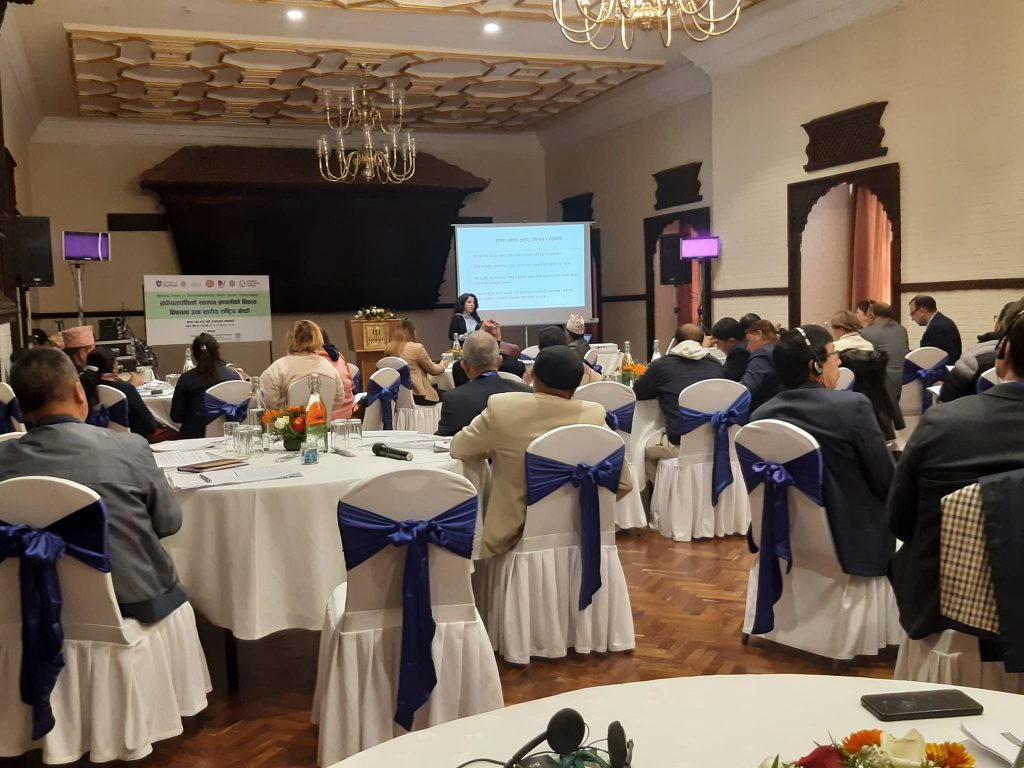
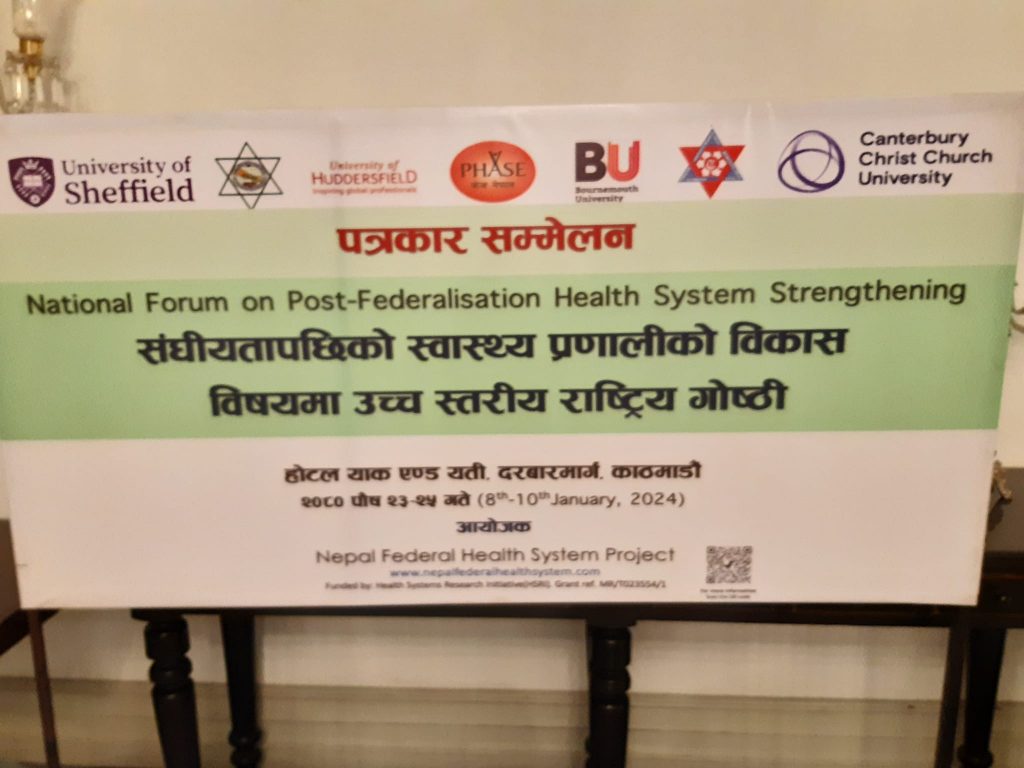
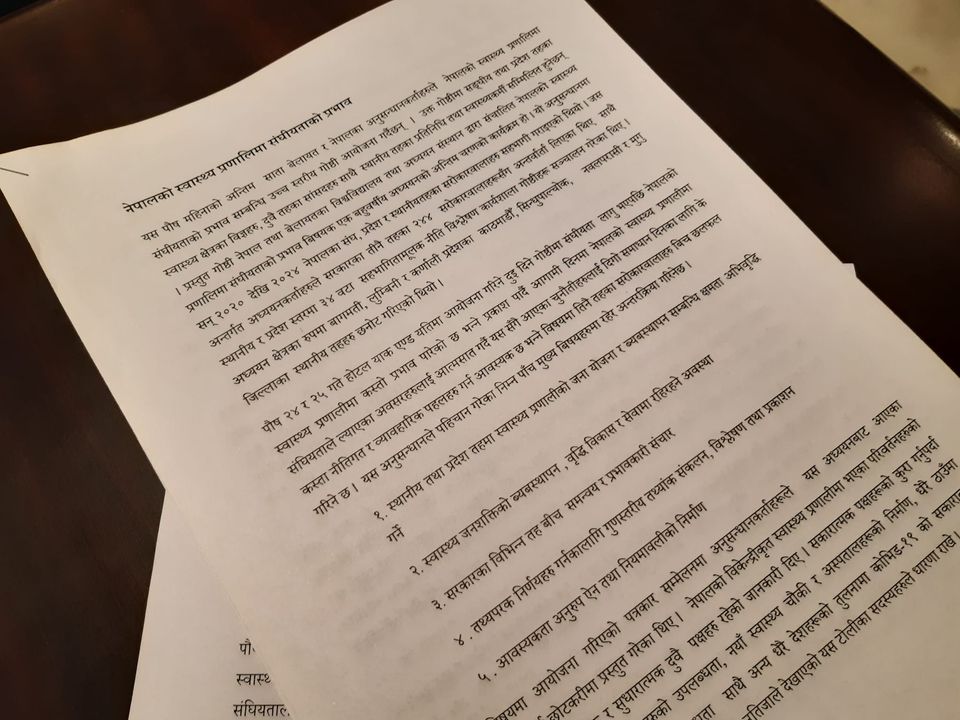
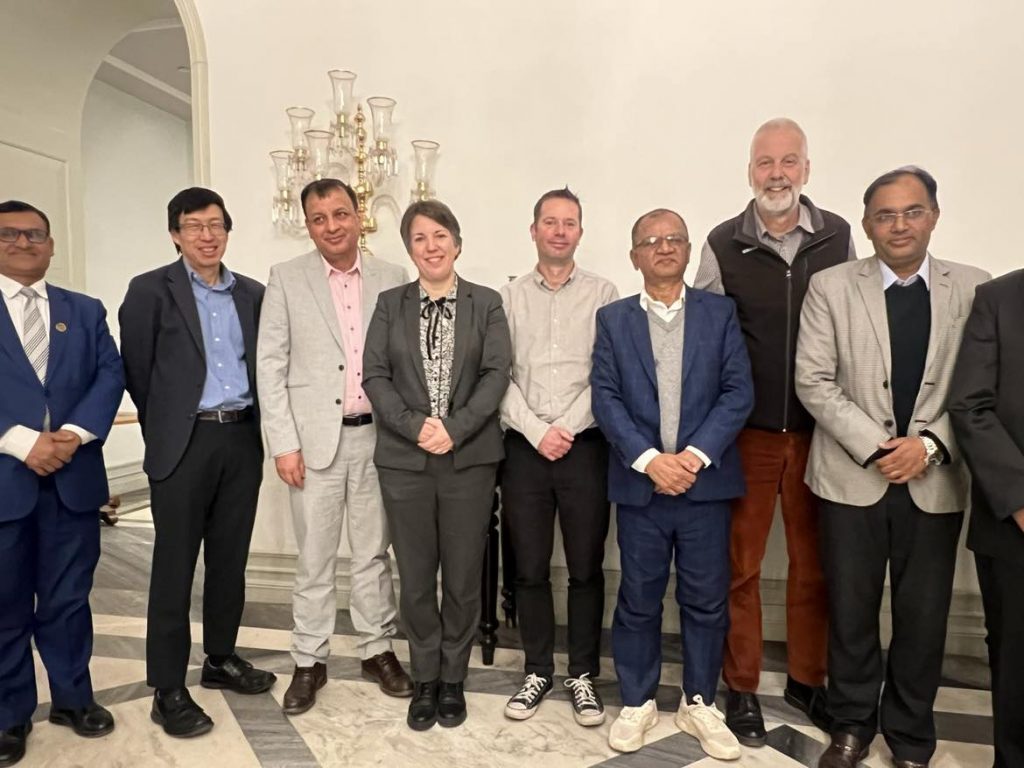
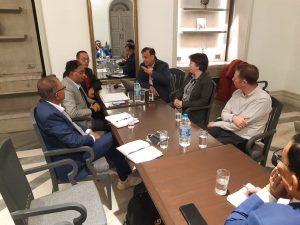

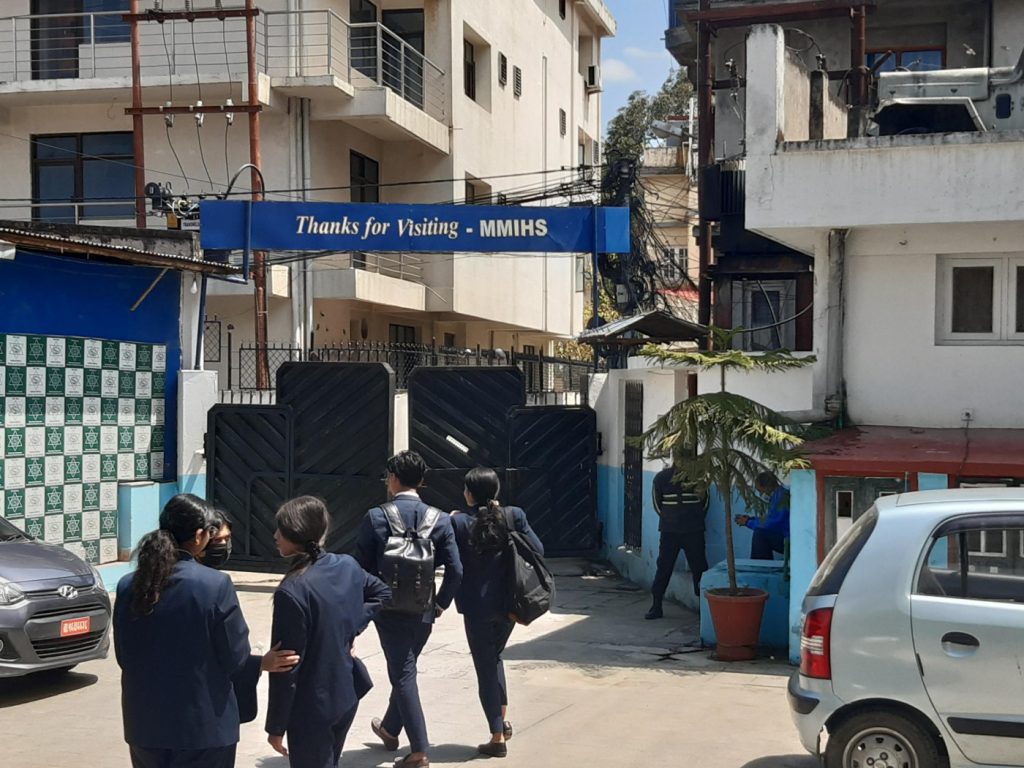
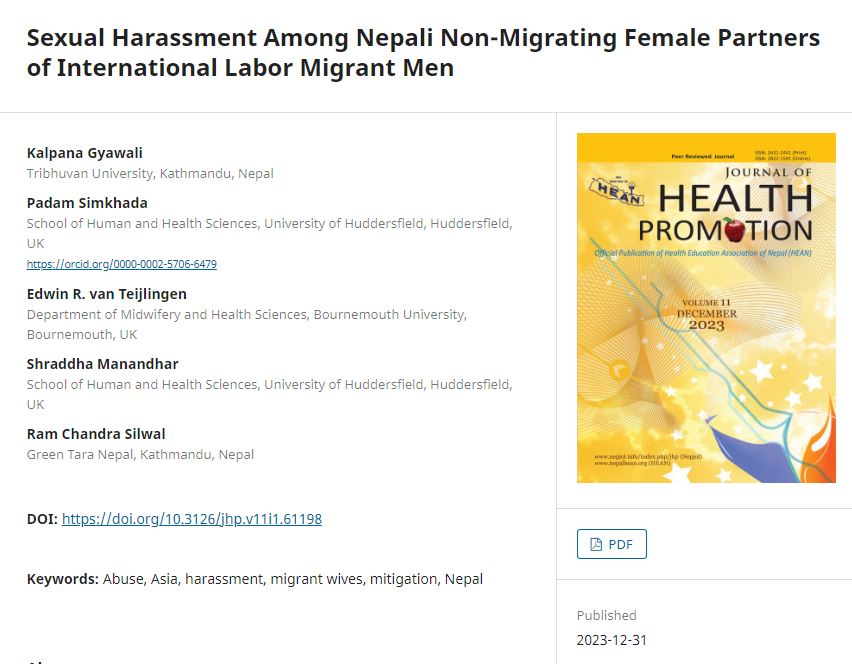

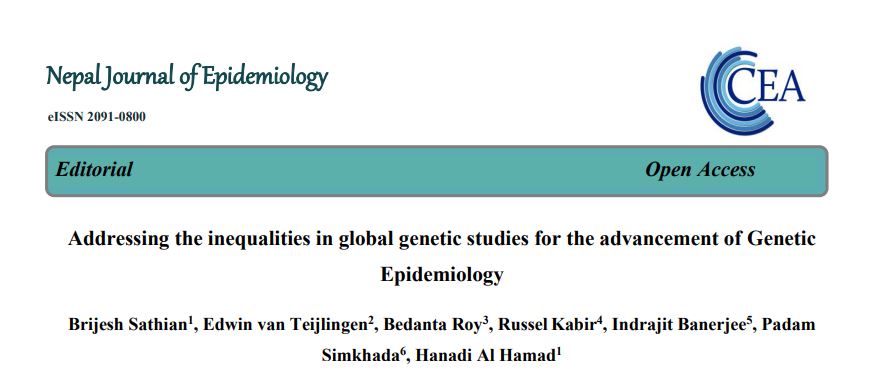
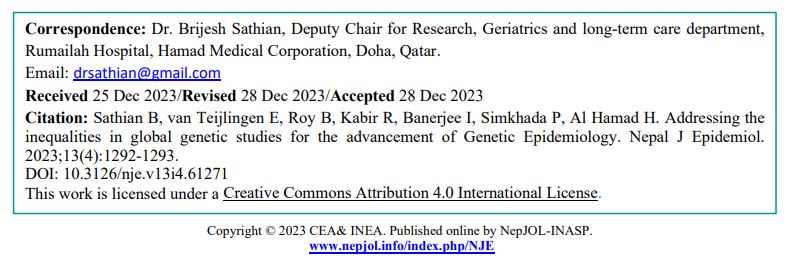

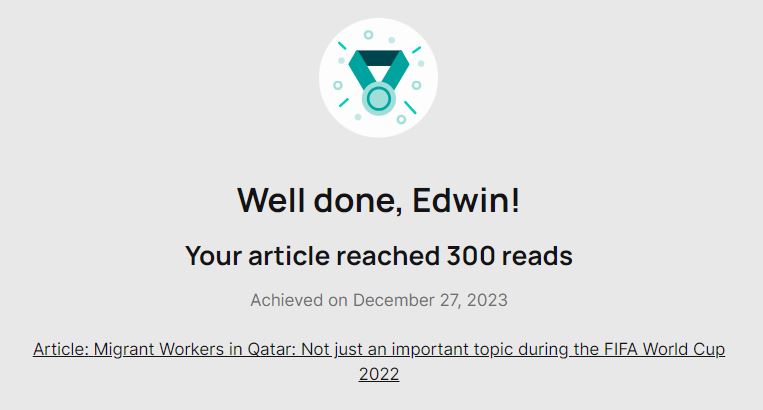











 Beyond Academia: Exploring Career Options for Early Career Researchers – Online Workshop
Beyond Academia: Exploring Career Options for Early Career Researchers – Online Workshop UKCGE Recognised Research Supervision Programme: Deadline Approaching
UKCGE Recognised Research Supervision Programme: Deadline Approaching SPROUT: From Sustainable Research to Sustainable Research Lives
SPROUT: From Sustainable Research to Sustainable Research Lives BRIAN upgrade and new look
BRIAN upgrade and new look Seeing the fruits of your labour in Bangladesh
Seeing the fruits of your labour in Bangladesh ECR Funding Open Call: Research Culture & Community Grant – Apply now
ECR Funding Open Call: Research Culture & Community Grant – Apply now ECR Funding Open Call: Research Culture & Community Grant – Application Deadline Friday 12 December
ECR Funding Open Call: Research Culture & Community Grant – Application Deadline Friday 12 December MSCA Postdoctoral Fellowships 2025 Call
MSCA Postdoctoral Fellowships 2025 Call ERC Advanced Grant 2025 Webinar
ERC Advanced Grant 2025 Webinar Update on UKRO services
Update on UKRO services European research project exploring use of ‘virtual twins’ to better manage metabolic associated fatty liver disease
European research project exploring use of ‘virtual twins’ to better manage metabolic associated fatty liver disease